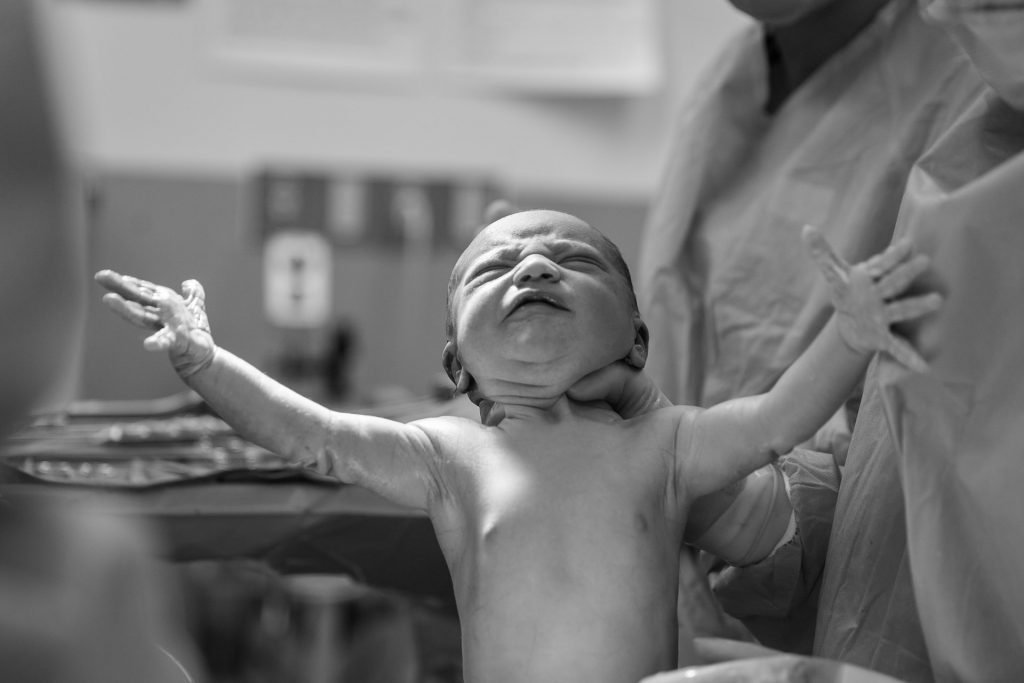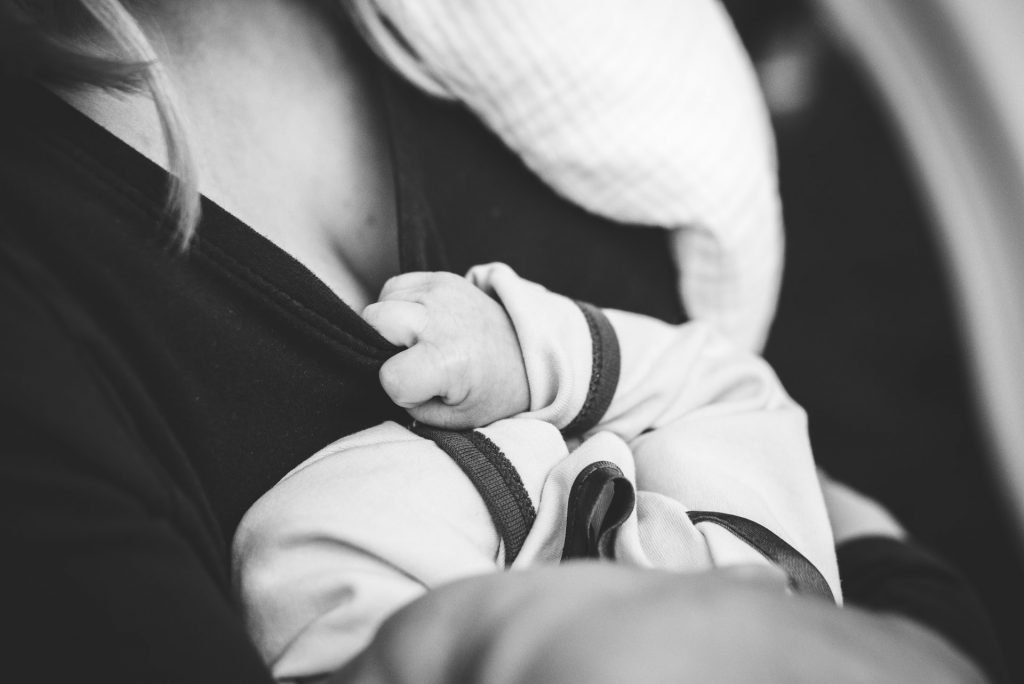It’s always exciting to have a newborn join the family. But for adoptive parents, welcoming a baby can feel extra thrilling.
All the years of waiting and going through hoops have finally paid off. You won’t have to jump out of your chair every time you get a call or stay up at night wondering why your social worker still hasn’t contacted you back.
But of course, the privileges of being a new adoptive parent also come with responsibilities. The following are some of the things you should expect after adopting a baby.
Changes in your lifestyle.
You’ll never want to let go of your baby once you’ve held it in your arms. You’ll want to just stare at her lovely face and enjoy her lovely features all the time. However, having a child entails a lot of work and involves big changes in your lifestyle. This is something that any new parent can attest to. When the honeymoon time is over, you’ll realize that being an adoptive parent comes with a host of challenges that biological parents never have to face.
There will be a lot of visitors.
Everyone adores a newborn. That said, expect to get a lot of visitors who will want to hold or feed your baby.
However, as a new parent, you’ll need to schedule some alone time with your child. You’ll need to start bonding with your child and create a new routine centered on his or her wants and needs. So, if you have unexpected visitors who never know when to leave, don’t be afraid to limit their visits and take time for yourself.
People will ask about your baby’s birth story.
These are not just simple questions like how you’re adjusting to your new schedule, or whether the baby is a good sleeper. We’re talking about adoption-specific questions like where the baby is from, and whether you plan to tell your child later on that they’re adopted. Knowing that these questions may arise, it’s critical to have a prepared strategy for dealing with them. Keep in mind that this is your child’s story. One of your main responsibilities as a parent is to keep them safe from prying eyes and ears.
You don’t have to share any parts of your son’s or daughter’s story that are difficult or make you uncomfortable. If you’re unsure how to proceed, a good rule of thumb to follow is to consider your child 12, 15, or 20 years in the future. What would she feel if she found out you had shared personal information about her birth story without her consent or approval?
People will ask about your baby’s birth family.
Remember how you felt the first time you heard about open adoption? All of your concerns and queries concerning birthparents and their influence in your lives?
Now it’s other people’s turn to ask those questions. So be prepared for a barrage of uncomfortable questions and remarks.
Some people are genuinely curious, while others are simply nosy. In any case, it’s a delicate subject that requires tact. Of course, you’re not obligated to respond to any questions you don’t want to. However, if you do answer, make sure that whatever you say respects the decision and privacy of the birth parents.
How much information to divulge and to whom entirely depends on you. It’s better to share less in the beginning, until you’re more at ease. Remember that this is your story, and you have control over it.
People will ask questions about your adoption experience.
Unlike your close family members and friends who may have been aware of your plans to adopt, other people may be taken aback if they suddenly see you with a baby one day.
So be ready if your next-door neighbor, whom you’ve never spoken to before, suddenly stops you in the street while you’re pushing your stroller and starts barraging you with personal questions.
You don’t only become a parent after adopting a child – you also take on the role of becoming an adoption ambassador, which means you’ll spend a lot of time answering inquiries, busting myths, and breaking stereotypes.
Bonding will be nothing like you imagined.
You probably spent a lot of time imagining what parenthood would be like before you became a parent. You may have tried to imagine the kind of parent you would be, the kind of child would you want to have, and whether you would be able to connect right away.
No two adoption stories are the same, just as no two adopted children are the same. Some aspects of parenthood will be simple, while others will be more difficult than you anticipated. Don’t be too surprised if the first few months aren’t what you expected. That’s what parenthood is! Because everything is a work in progress, accept each day for what it is and go with the flow.
You might experience baby blues.
Post-partum depression can affect not only the biological parents but also the adoptive parents, especially if the reality of parenthood falls short of their expectations.
Most waiting parents eventually recover from the emotional high of adoption and settle into their new normal. Others, on the other hand, crash into it.
They may have thought that having a child would solve all of their issues and make them happy, or they may be unable to keep up with the high demands of parenthood. Perhaps they are burdened by a sense of obligation not only to their child but also to his birth family.
Whatever the reason may be, don’t ignore your coping difficulties. You may have post-adoption depression, and it wouldn’t help to withdraw and pretend that it’s not happening. Seek support as soon as possible.
You may feel guilty.
It’s a joy to become a parent for the first time. However, many adoptive parents get surprisingly deep and strong feelings of guilt got for the birth parents, so they dismiss any ideas of celebrating the arrival of their new child.
It’s painful to watch your child’s birthmother leave empty-handed after she places her baby in your arms, knowing that she’ll miss out on the most important events of the child’s life.
Of course, there are the concerns and insecurities that every new parent has, like whether you are doing a good job, and why it seems like other moms have it together, but you don’t. Those early days of parenthood are never easy, so don’t think of yourself as a bad mother. Rather than beating yourself up or focusing on your mistakes, find a parenting group that offers help for adoptive parents.
Mistakes will happen.
Your adoption journey may have had you doing everything you can to prove that you’ll be a perfect parent.
You might be the ideal parent for your adopted child, but that doesn’t mean you won’t make mistakes along the way. You’ll stumble here and there, whether it’s running out of diapers or not being able to get your infant to sleep.
But parenting is fairly forgiving, and you’ll get much better at it with practice. Best of all, neither you nor your child will remember much of it. So, remember to pat yourself on the back when things go well and to learn from your mistakes when they don’t because it’s all part of the deal.
Some days will be exhausting.
You’ll be exhausted, without a doubt. You’re going to be worn out. You’ll want to flop on the couch and fall asleep on some days. But that’s exactly what it’s like to be a new mom. It’s all about midnight feedings and diaper changes 24/7. But you shouldn’t be too worried. Simply do your best and have fun with your family, or as much as you’re able to enjoy it. Because before you realize it, your child’s newborn days will be pass, and you’re on to the toddler years!
Adopting a Newborn in Colorado
Now that you know what to expect after adopting a newborn, you’re ready to start your adoption journey with Courage Community Foster Care! We are a licensed public adoption agency based in Colorado. Make a difference today, call Courage Community Foster Care at 719.321.4319.



Recent Comments